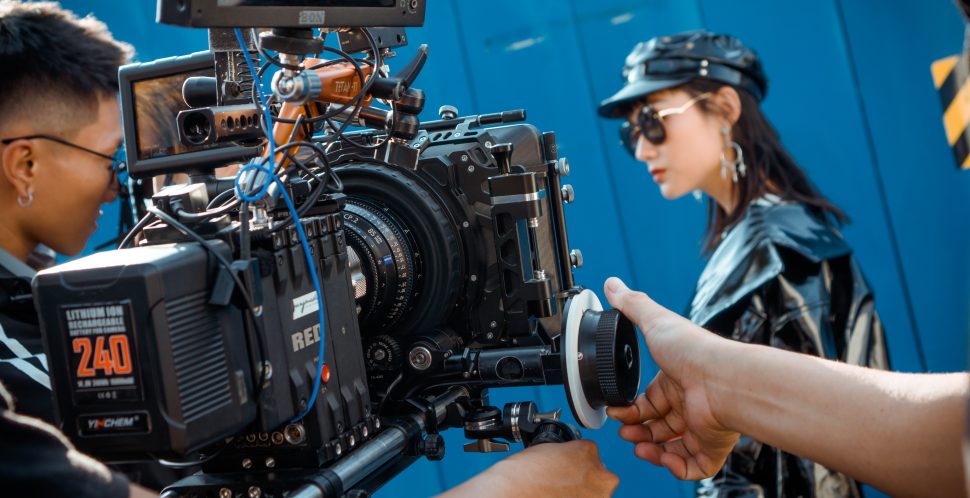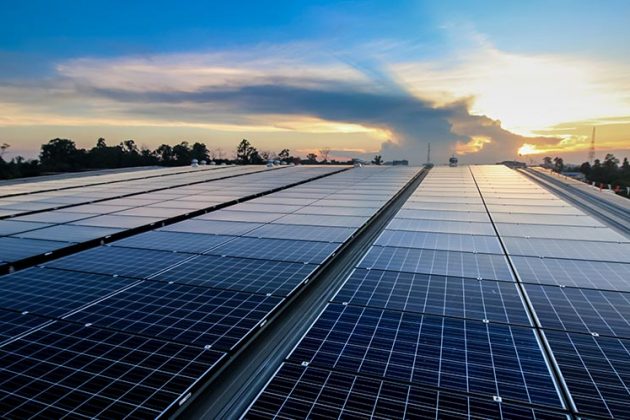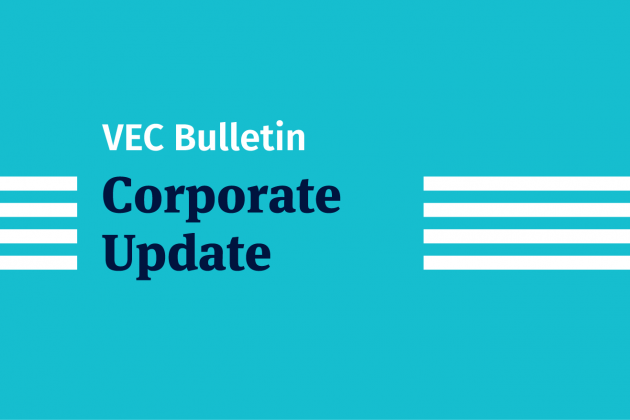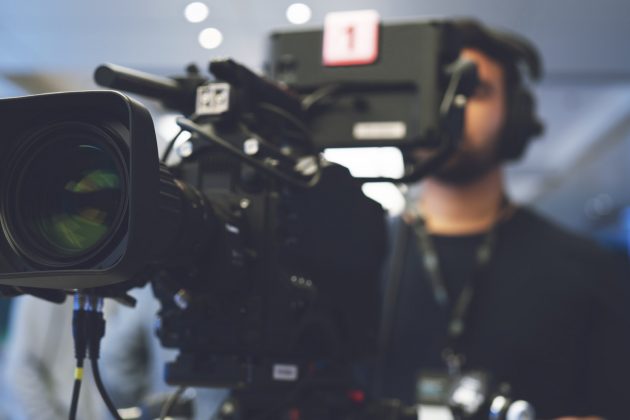After successfully flattening the curve of COVID-19 infection rates in British Columbia, the Province is moving towards the next phase of economic recovery.
Under Phase 3 of the BC Restart Plan, motion picture and television production has been given the green light to resume, albeit with restrictions that ensure the ongoing safety of cast, crew, suppliers and other workers.
Motion picture production is one of BC’s most thriving sectors, and the industry has had significant global influence in recent years. In June 2020, Olsberg·SPI shared results from their study exploring the impact of film and TV production on economic recovery from the COVID-19 pandemic. The report shows that steadily increased spending on screen production (in this case, defined as scripted film and TV, as well as documentaries) reached $177 billion in 2019, contributing to a total global economic impact of $414 billion. Screen production also created 14 million full-time equivalent jobs around the world. Significantly, production costs transcend the industry, boasting a ripple effect that spreads to sectors like travel and tourism, hospitality and catering. Many of these sectors have been severely disrupted by the effects of COVID-19, which is why film production carries promise of strengthening several industries as it resumes.
In BC, film contributed $3.2 billion to the economy in 2018/19, and supported more than 71,000 full-time equivalent positions. The industry also relies on local SMEs, independent contractors and suppliers – so, a restart of film and TV production will spark restarts in other businesses, bringing back much-needed revenues. As the biggest production centre in Canada and the third largest in North America, Vancouver’s film industry offers a key avenue towards local and provincial economic recovery – and we’ve already taken the first step. A number of shows that regularly film in Vancouver have set tentative July/August production return dates, including Riverdale, The Good Doctor, Supernatural and A Million Little Things, among others.
That said, Vancouver’s film industry didn’t exactly disappear during the global pandemic. In fact, some parts of the sector have flourished, thanks in large part to the remote capabilities of animation and companies providing visual effects. Vancouver boasts the largest cluster of top visual effects and animation studios in the world, including Sony Pictures Imageworks, Industrial Light & Magic and Animal Logic, and many have remained (remotely) open over the past few months, supporting content for studios and streaming services that have added more subscribers than ever. Keeping these animation studios alive throughout the pandemic has proven a boon to the creative economy, with studios primarily working to refresh animated or documentary content, which can be completed virtually or by employing adequate social distancing measures.
Now that film production is resuming province-wide, the B.C. Motion Picture Industry COVID-19 Best Practices Coalition has released reopening guidelines reviewed by the Province and WorkSafeBC to ensure employees are protected as they return to work. Measures include physical distancing and increased cleaning processes, as well as the use of remote technology wherever possible – for example, holding online casting auditions, emailing scripts and schedules, or scouting locations virtually. In addition, film crews and talent arriving from outside Canada will need to adhere to the national 14-day quarantine. With health and safety taking centre stage, and BC remaining one of North America’s most resilient and successful regions in keeping COVID-19 under control, the regional motion picture industry is poised for a sparkling encore.



